Ascents
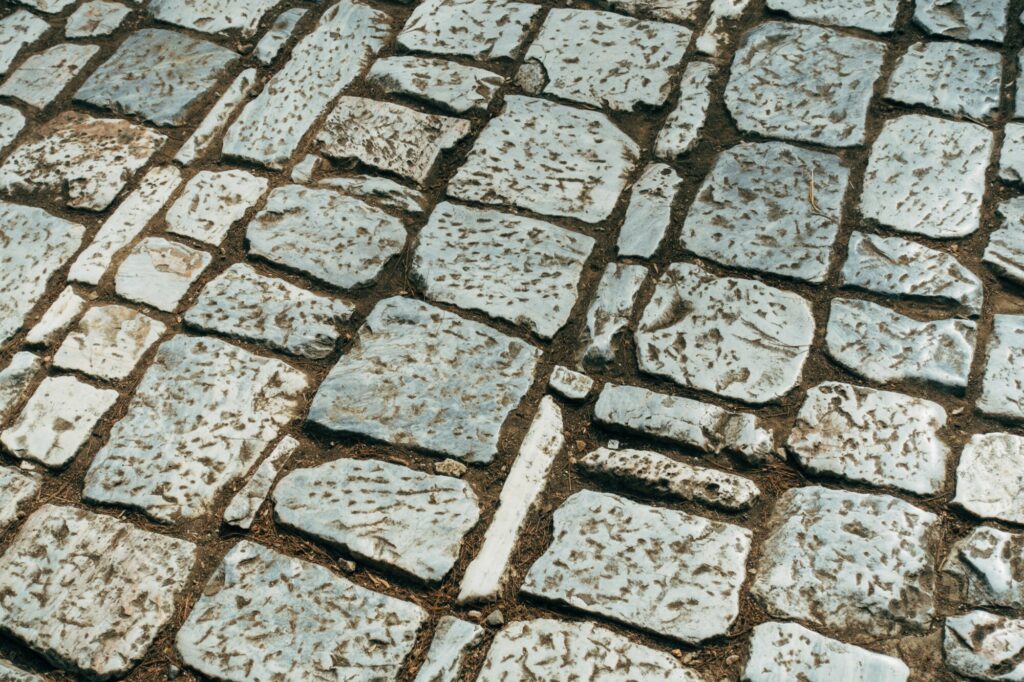
Download the article (pdf) Table of Contents Rock-hobbled pace: praiseproud, profane. Slow strolls aroundeach missing mountain. About the Author(s) Woods Nash, MPH, PhD Woods Nash, PhD, MPH is Assistant Professor of Bioethics and Medical Humanities at the University of Houston Tilman J. Fertitta Family College of Medicine. He works at the intersection of ethics, narrative […]
Owed to the Fingers
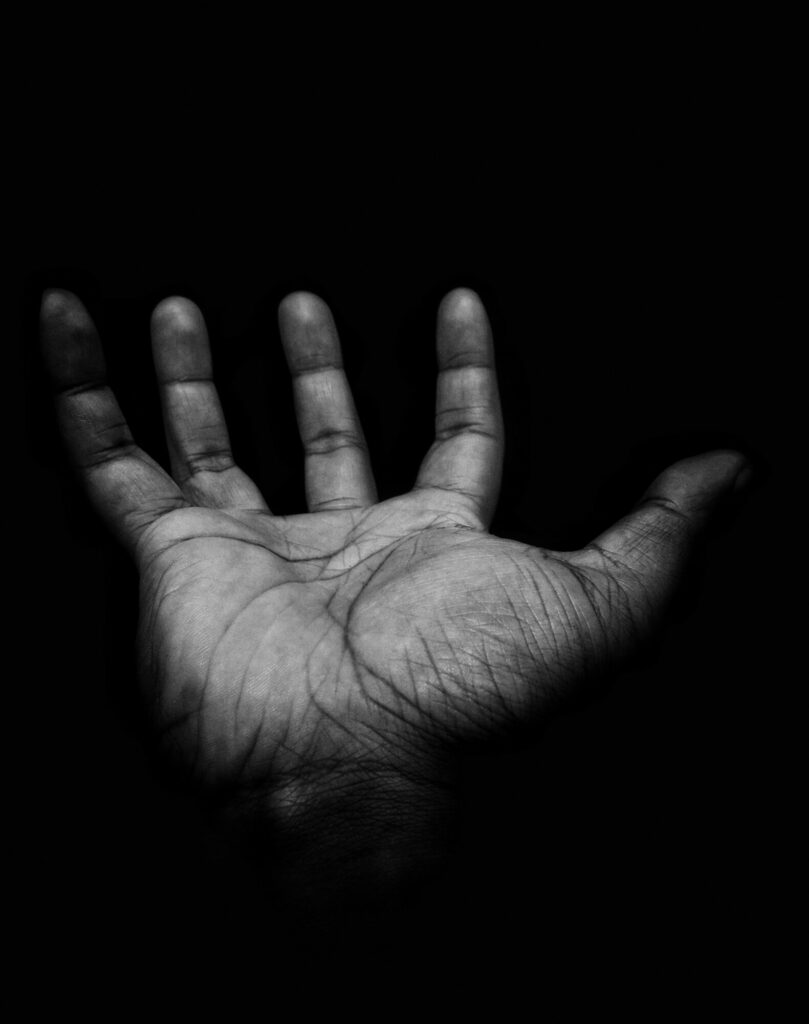
Download the article (pdf) Table of Contents Fingers make our lives go aroundThey snap and tap out daily soundsThey wave on a fetal ultrasoundAnd lower a coffin to the ground They peel and poke and prod and pluckAnd point with glee at a digger truckThey hide your mouth when you’re awestruckAnd clink a flute filled […]
Little Gestures

Download the article (pdf) Table of Contents You turned the broken door handle,went inside, and here we are. The tools I have to help are few.But you don’t know how we can be bulls in china shops,thrushes thundering overhead, sometimes snapping crocodiles.My eyes dart downward and back up. I take a breath and nodand place […]
“The Classroom, Clinic, and Community: What Can We Do With All Three?”
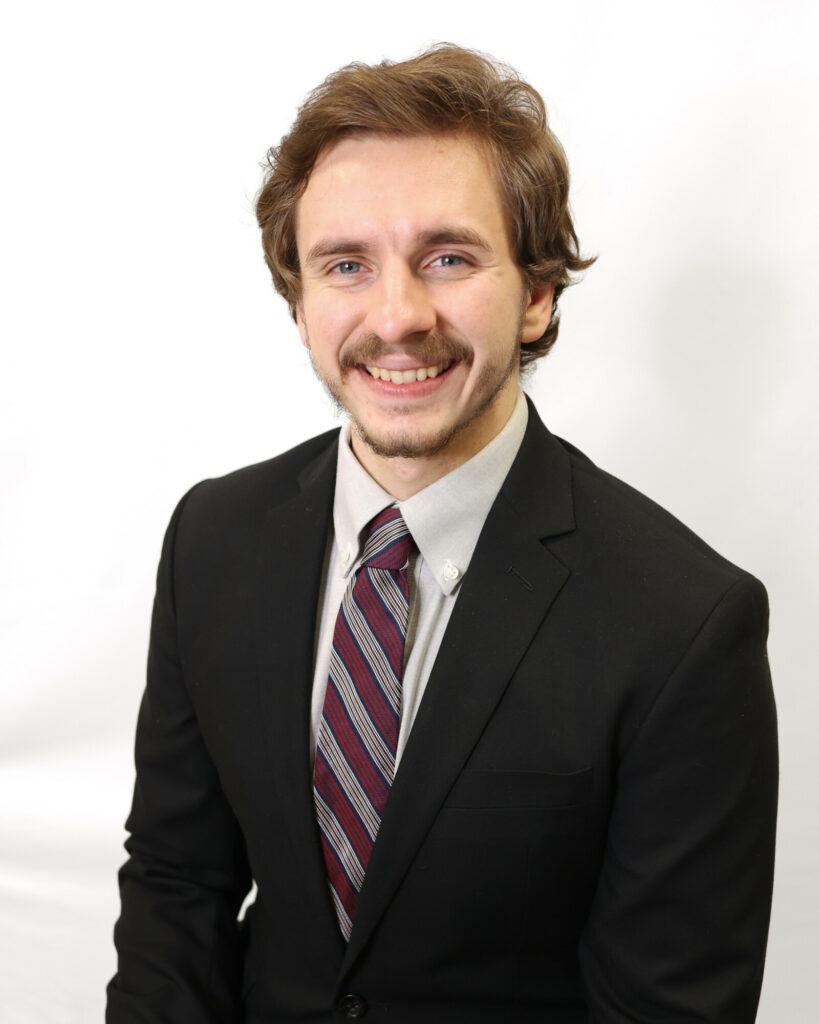
Download the article (pdf) Table of Contents Congratulations to Doctor of Physical Therapy graduate student Mason Trauger (DeSales University), SPT, winner of the annual CHEP-JHR Student Essay Contest, co-sponsored by the ACAPT Consortium for the Humanities, Ethics, and Professionalism (CHEP) and the Journal of Humanities in Rehabilitation (JHR). This writing competition is designed to encourage […]
Getting to the Heart of the Patient-Provider Interaction: A Novel Theoretical Framework
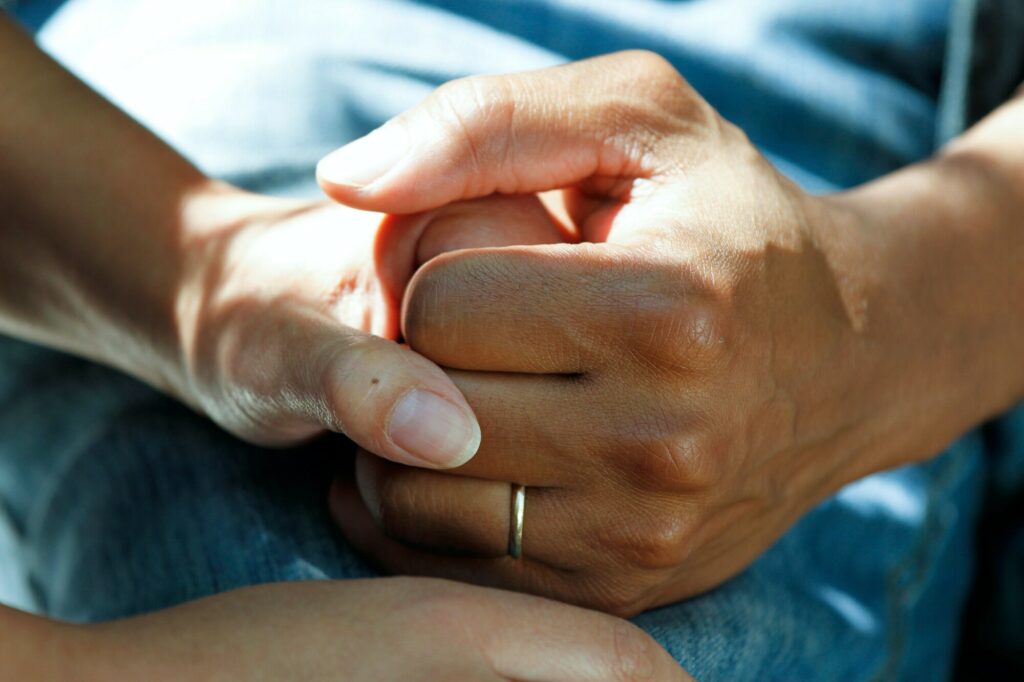
The complexity of the patient-provider interaction (PPI), and its effect on healing, is a much-debated topic. In this innovative article, the authors present a new approach to caring: The Compassionate H.E.A.R.T. Model of PPI. Based on an exhaustive review of the current literature, the model seeks to support a “more thorough view of the dyadic PPI.” By doing so, it offers a new guide for practitioners to help “ease, alleviate and relieve, therapeutically,” each encountered patient’s condition.
The Fight
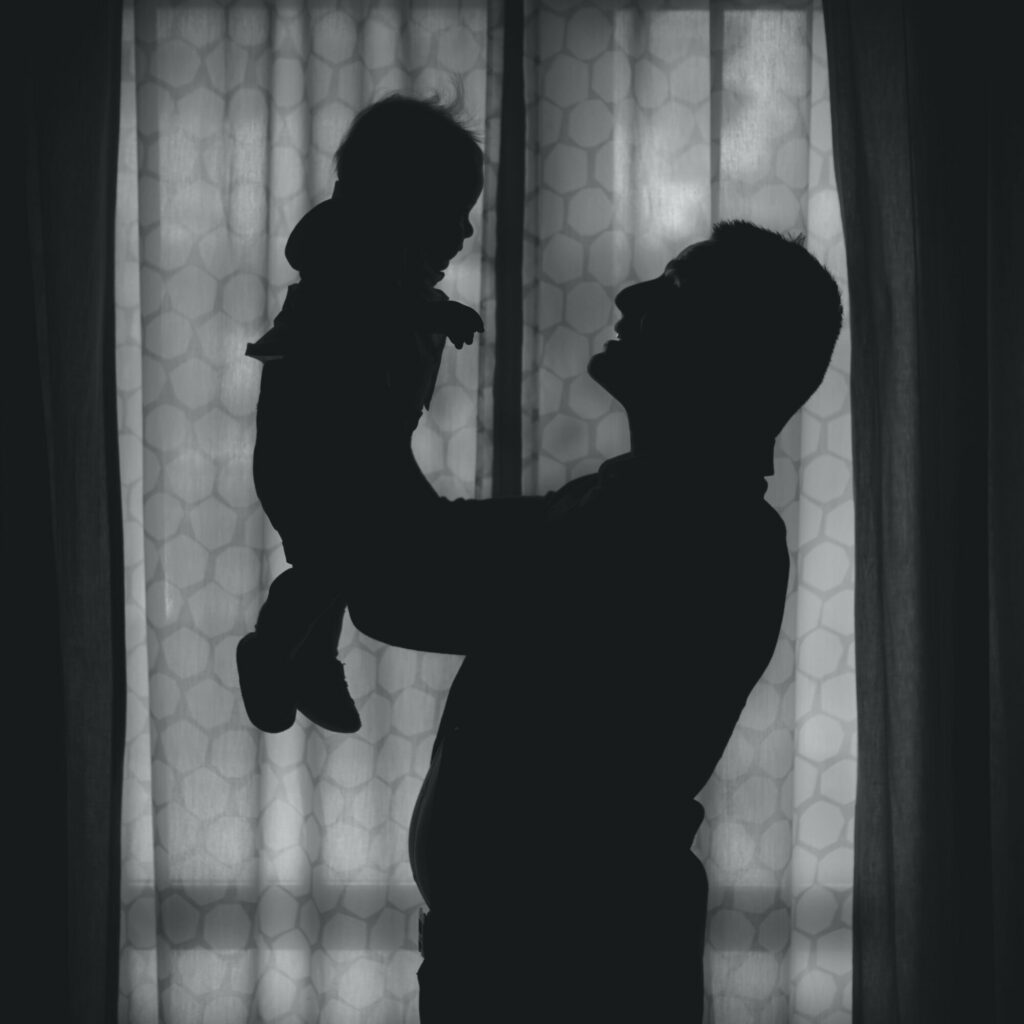
In this expressive poem, Dr. Diana Early gives an authentic voice to the experiences of parents of children born with Down syndrome. Drawing upon her research into the lives of families, she chronicles “the fight” these parents endure to gain what others take for granted.
Editorial: “The Thicket of Life”
Download the article (pdf) Table of Contents The “thicket of life.” This metaphor resonates deeply with me as I struggle under the weight of unanswered emails, overdue tasks, and demands for my attention from every angle. Searching for a salve to calm the self-judgment around missed deadlines and unmet expectations, I always return to the […]
Gutted
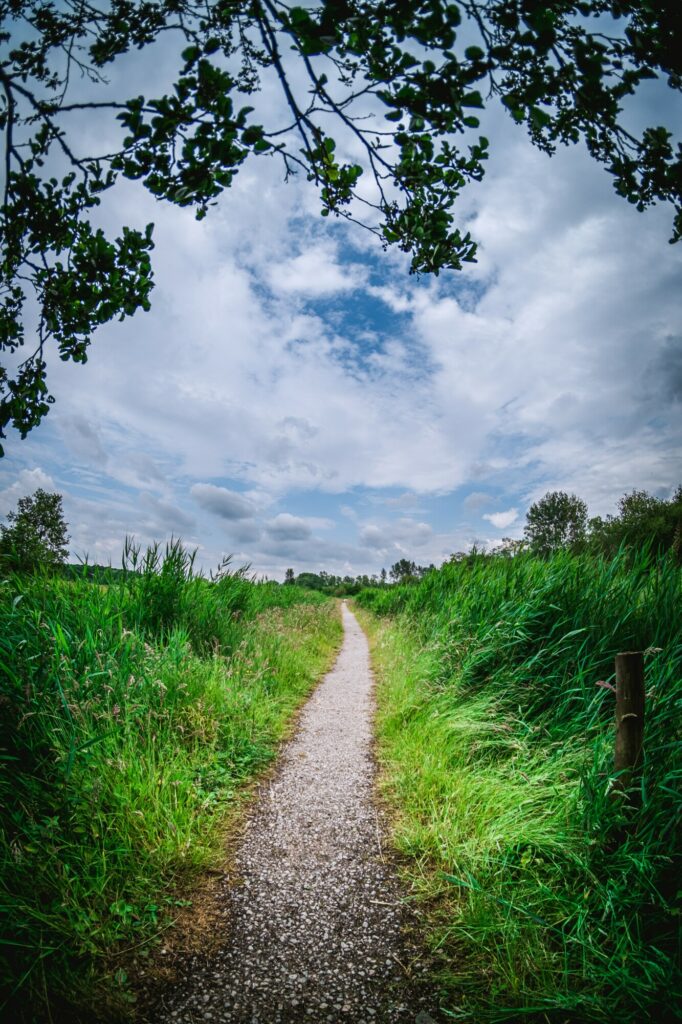
Tiffany Bystra reflects on the peculiar path of her illness journey, which has led to a trail of recovery that feels both disappointing and thrilling. In this powerful and humbling poem, she provides rich insight into how it feels to taste both the sweetness and the tartness of life in the same moment.
The Intouchables Revisited: Shifting Perspectives With our Dynamic Society
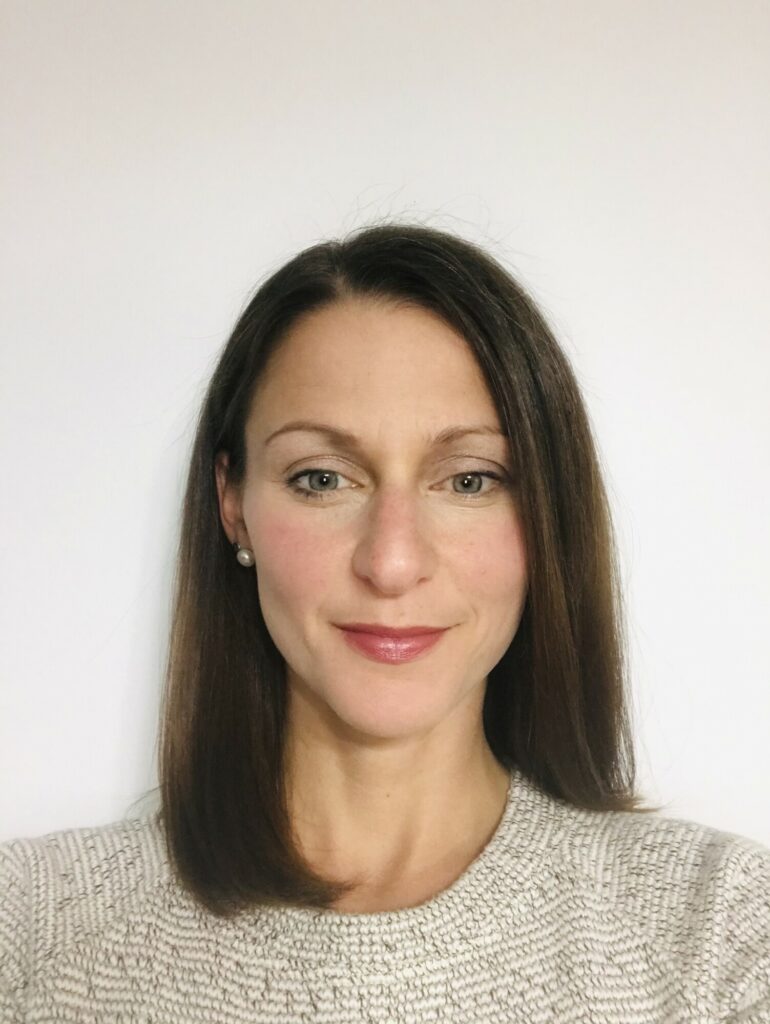
We present our first set of paired articles—the previously published The Intouchables–A Reflection on Disability and Caregiving: Who Helps Whom? and a new piece, Intouchables Revisited: Shifting Perspectives With our Dynamic Society, both by Dr. Sarah Caston. The author re-visits her previous article with a fresh perspective.
On her own journey to revisit this piece, Caston invites us into this “space of curiosity,” to question our long-held presumptions, and rethink words like independence, autonomy, and flourishing. She asks us to ponder what it means to “relinquish…our power in order to empower.” We present both her original review and her current commentary together, to observe the process of critical thinking–and re-thinking–and to perhaps prompt us to do so in our own work.
Editorial: “What is Given May Be Gained”

“Attention is the rarest and purest form of generosity.”
Simone Weil (February 3, 1909–August 24, 1943).

